Most of the vegetables we come across in a store have been shipped in and have lost a significant amount of their nutritional value along the way. That’s why many believe that going back to home gardening is what humanity needs. However, those of you who’ve tried and failed at home gardening know that it’s not that simple. Especially with the harsh weather conditions in Australia.
But you shouldn’t give up yet! There are innovative ways you can help an urban garden thrive, one of which is modern self watering planters. But to really guarantee success and cut down on the many gardening supplies and tasks that can take up a lot of your time and money, you may want to try hydroponic gardening.

What Is Hydroponic Gardening and Why It Will Change the Way We Grow Plants?
Hydroponic gardening is an old/new method of using water in place of soil to grow crops. One of the greatest advantages of hydroponic gardening is that it can be done anywhere since it eliminates the need for soil. You can visit a hydroponic grow store and discover the growing systems that can help you grow plants you otherwise wouldn’t be able to.
Growing plants hydroponically is considered the gardening of the future and many gardeners love it because they don’t have to worry about contaminants and pesticides. Simply put, it’s a way to skip the soil, sub in a different material to support the roots of the plant and grow crops in nutrient-rich water. Skipping the soil allows you to grow any kind of produce anywhere in the world, at any time of the year.
Hydroponic gardening is simple and easy and many gardeners find it as a more efficient way to provide food and water to the plants. Plants don’t actually use the soil, but the food and water that are in the soil. Therefore, soil’s function is to supply plants with nutrients and to anchor the roots.
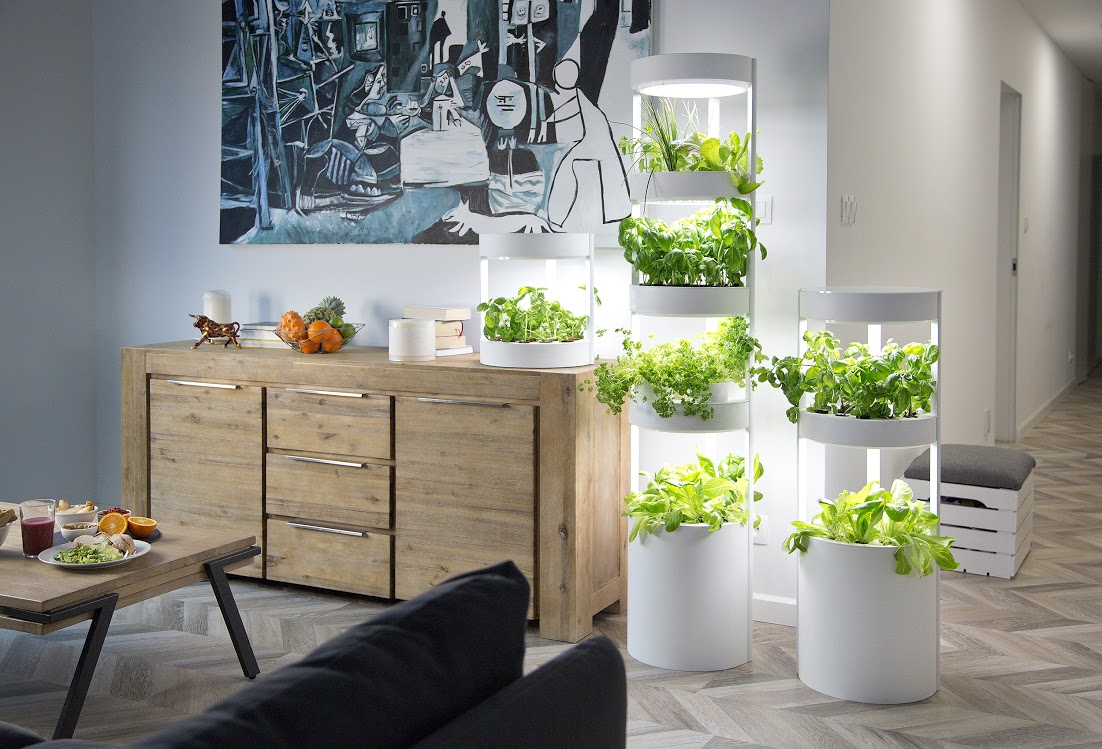
When you opt for hydroponic gardening, you provide your plants with a nutrient-rich formula and an inert growing medium to anchor the roots and allow them easier access to the food and water. Since the food is dissolved in water, it gets directly to the plants’ roots and helps them grow faster. You can grow more plants in the same place with no need for weeding nor worrying about soil-borne diseases or pests.
Choosing Equipment for Your New Innovative Garden
To grow plants hydroponically, you’ll need specialised equipment and supplies. You can find a hydroponic grow store, select what’s most suitable for your space and needs and begin your gardening journey. Consider your space, budget and lighting before buying the equipment. Also, think about what you want to grow and recurring costs.
Make sure you choose a reputable store that offers high-performance technology with quality professional-grade materials and a full range of systems you can choose from. Consult the retailer about any questions you have, so they can help you get into the art of growing plants in water.
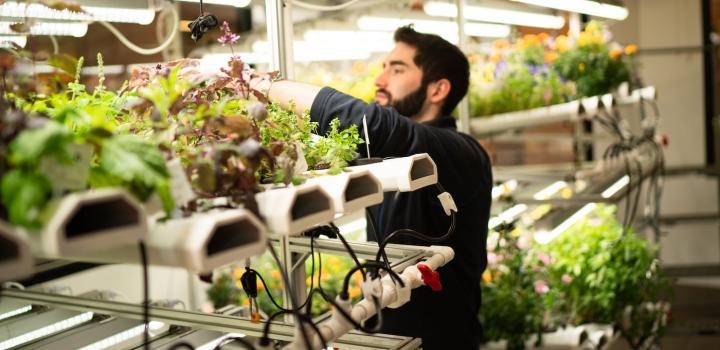
The Main Elements of a Hydroponic Garden System
While there are a few different approaches to designing hydroponic systems, the core elements are almost the same, such as the following.
Fresh Water
Most plants need water with a pH level of around 6 to 6.5. You can adjust the acidity of your water with solutions found in your hydroponics store. Hydroponic systems usually use less water than traditional, soil-based ones. It might be surprising, but it’s because closed systems aren’t subject to the same evaporation rates.
Moreover, the water in a hydroponic system can be filtered, re-populated with nutrients and fed back to plants again. This way the water is being recycled constantly and not wasted.
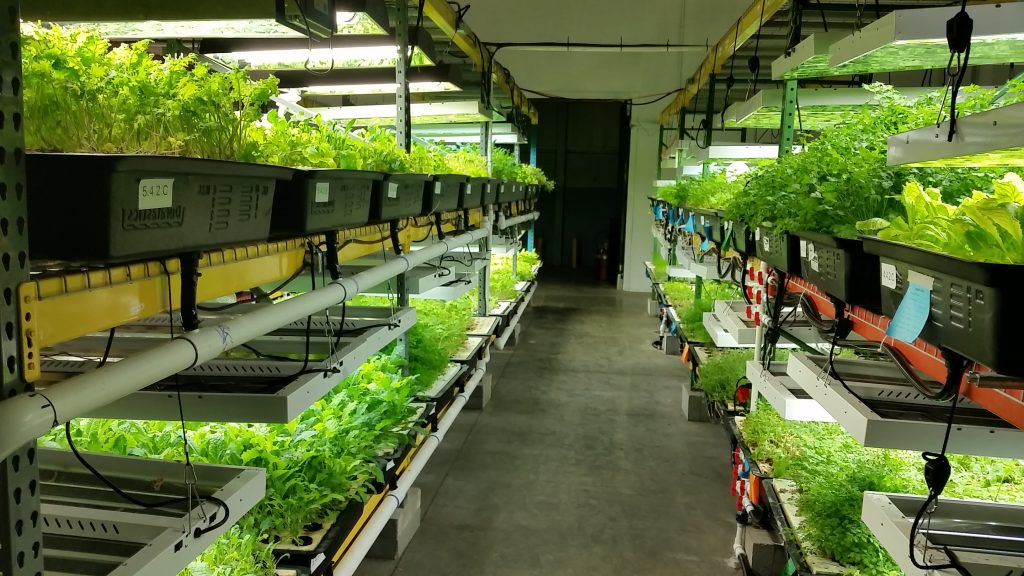
Ventilation
Depending on your hydroponic setup, you’ll need to leave space between the base of your plant and the water reservoir or oxygenate your container by installing an air pump or buying an air stone.
Growing Media
Your plants need a little something to hold on to, so instead of soil, you can use materials like perlite, coconut fibre, clay pebbles, vermiculite and rockwool.
Nutrients
Your plants are going to need a lot of magnesium, calcium, phosphorus and other nutrients to stay healthy and productive. You’ll need to include these nutrients in the water that’s feeding your plants.
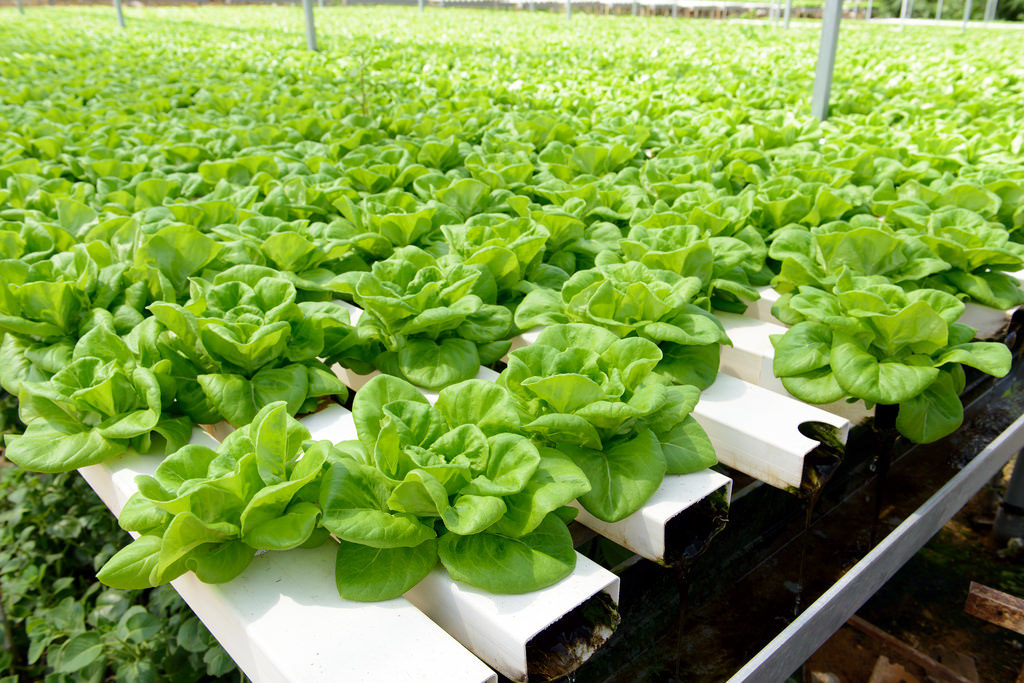
Light
If you’re planning to grow your plants indoors, consider investing in some special lighting. Every plant has a different requirement for the amount of light needed and the placement of lights as well.
These are the most foundational elements, to begin with, and as you increase the sophistication of your farm, you can consult the hydroponics shop and consider other elements as well. By monitoring and adjusting these key variables, over time you’ll discover what your plants need to thrive and replicate those conditions for the next grow.
Benefits of Hydroponic Gardening
Compared to traditional soil-grown crop production, hydroponics provides the following benefits:
– Up to 90% more efficient use of water;
– Increased production 3 to 10 times in the same amount of space;
– A well-managed hydroponic system can double the production of the crop;
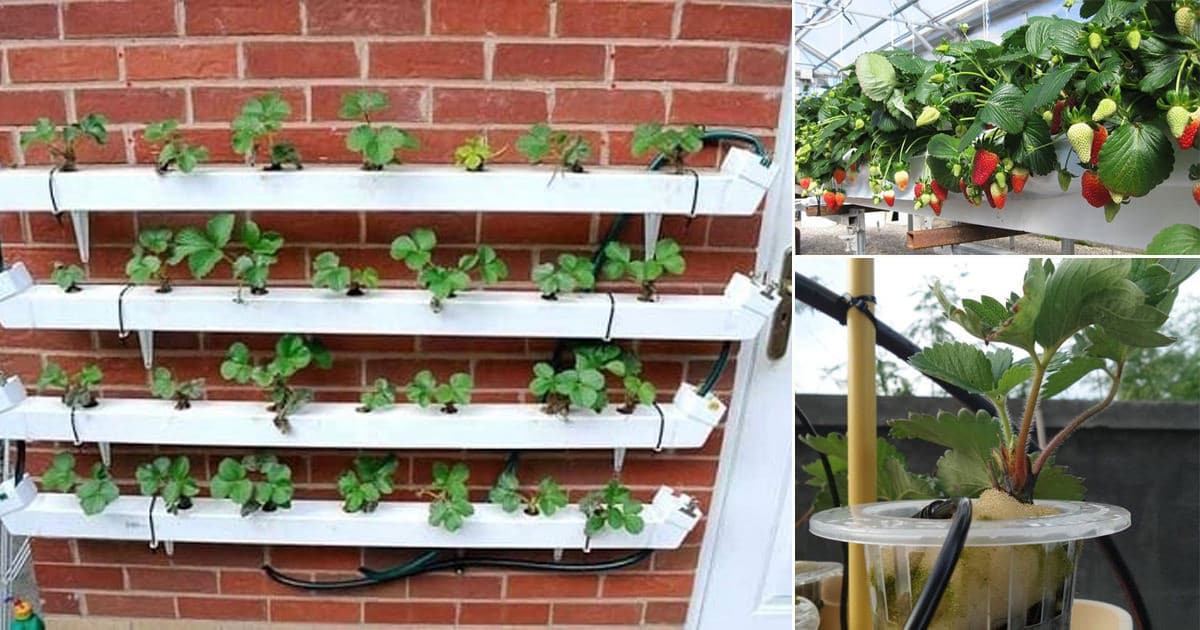
– Decreased time between harvest and consumption, which increases the nutritional value of the final product;
– Farms can exist in places where weather and soil conditions are not ideal for traditional food production thanks to indoor farming in a climate-controlled environment;
– No need for chemical weed or pest control products.
The hydroponic industry is one of the few growth industries in today’s economy. If you consider investing in it, make sure to keep up with the rapidly expanding hydroponics phenomenon by reading trade magazines, taking classes in horticultural science and join community clubs and organisations, so you can share ideas and experiences of hydroponic growing with others.


